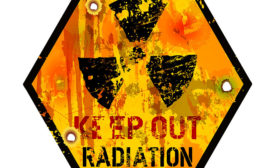Workplace Health
Public health experts cheer climate change agreement
"A crucial investment in global health"
December 17, 2015
Measles still taking a heavy toll
But vaccination has saved an estimated 17.1 million lives since 2000
December 8, 2015
Never miss the latest news and trends driving the safety industry
eNewsletter | Website | eMagazine
JOIN TODAYCopyright ©2024. All Rights Reserved BNP Media.
Design, CMS, Hosting & Web Development :: ePublishing






